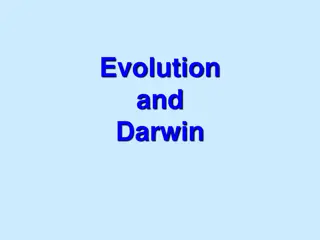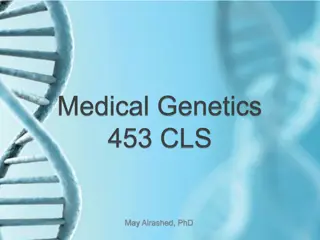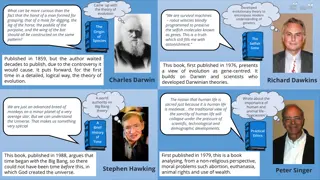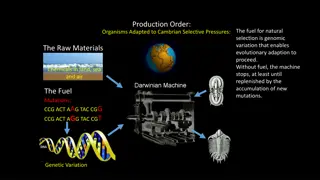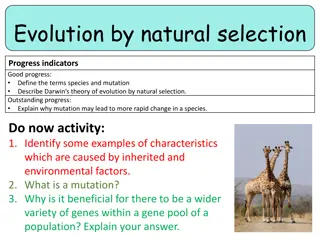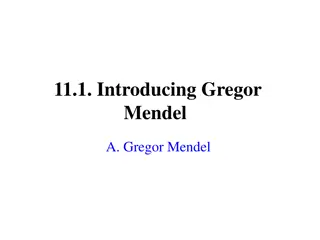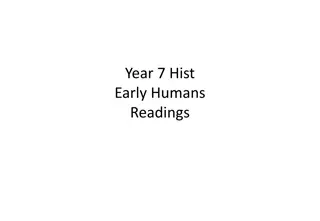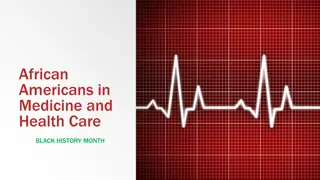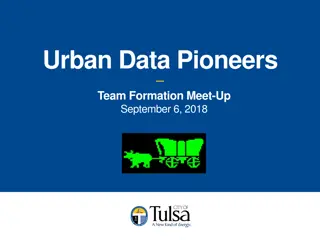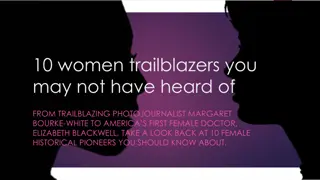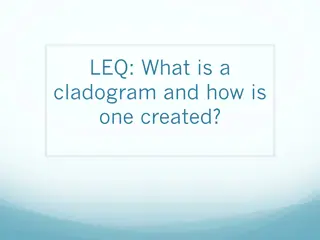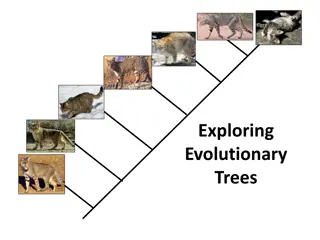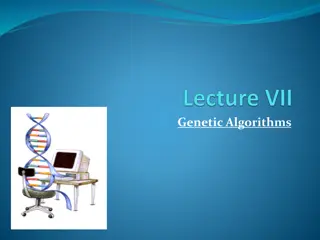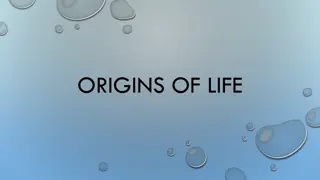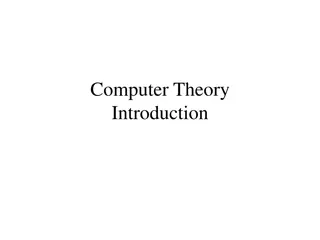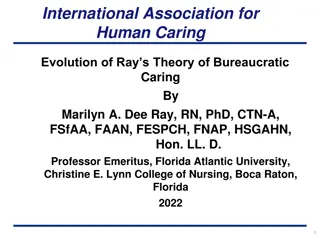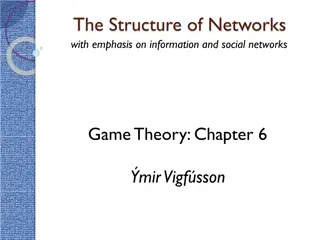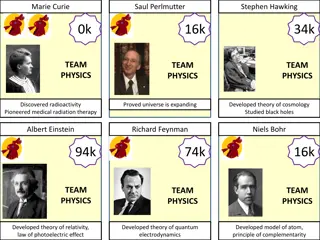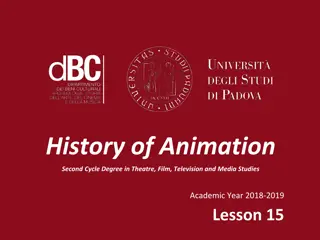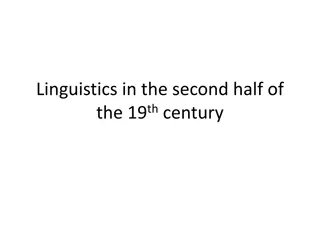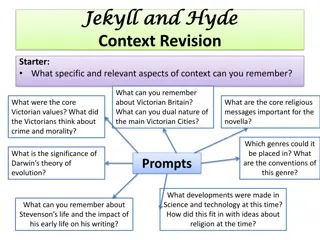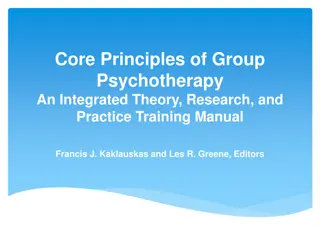Evolutionary Pioneers: Anning, Darwin, Wallace - Key Figures in Evolutionary Theory
Meet the evolutionary pioneers - Mary Anning, Charles Darwin, and Alfred Russel Wallace, who played crucial roles in the development of evolutionary theory. Learn about their groundbreaking discoveries, challenges faced, and lasting impact on the scientific community.
Download Presentation

Please find below an Image/Link to download the presentation.
The content on the website is provided AS IS for your information and personal use only. It may not be sold, licensed, or shared on other websites without obtaining consent from the author. Download presentation by click this link. If you encounter any issues during the download, it is possible that the publisher has removed the file from their server.
E N D
Presentation Transcript
MEET THE EVOLUTIONARY PIONEERS Researching evolution scientists
WALT learn more about the work of Anning, Darwin and Wallace.
THE LEARNING In today s Science lesson, you will be researching 3 key scientists who played a key role in the development of evolutionary theory. The 3 scientists are : Mary Anning Charles Darwin Alfred Russel Wallace For each scientist you will be given some basic information and a website link to follow, to conduct your own research. Once you have taken notes on all 3 scientists, you will then fill out a Key facts template for them. Your extra challenge will be to compare the scientists.
MARY ANNING The greatest fossil hunter ever known was a woman from Lyme Regis. Mary Anning's discoveries were some of the most significant geological finds of all time. They provided evidence that was central to the development of new ideas about the history of the Earth. Mary Anning s contribution had a major impact at a time when there was little to challenge the biblical interpretation of the story of creation and of the flood. The spectacular marine reptiles that Anning unearthed shook the scientific community into looking at different explanations for changes in the natural world. William Buckland, Henry de la Beche and William Conybeare were some of the many scientists who owe their achievements to her. By the time of her death, geology was firmly established as its own scientific discipline. Mary Anning (1799-1847). https://www.nhm.ac.uk/discover/mary-anning-unsung- hero.html?gclid=EAIaIQobChMIl4e8wf- Z6QIV6YBQBh1SwgDaEAAYASAAEgJYifD_BwE Click here to carry out your own research:
CHARLES DARWIN Charles Darwin transformed the way we understand the natural world with his revolutionary ideas. But why wasn t everyone convinced? The classic English country gentleman, Darwin seems an unlikely figure to create a controversy. He had developed a radical theory that brought him into conflict with a very traditional establishment the Anglican Church. History has vindicated him and he is now celebrated as one of the greatest and most innovative scientists who ever lived. But, Alfred Russel Wallace, who hit upon the theory at the same time, has not received similar recognition. Charles Robert Darwin (1809-1882). To this day, Darwin s theory of evolution by natural selection is widely accepted, and explains the distant origins and fantastic variety of life on Earth. https://www.nhm.ac.uk/discover/charles- darwin-most-famous- biologist.html?gclid=EAIaIQobChMI1I3cjICa6QI Vt4BQBh2YsAAAEAAYASAAEgIujvD_BwE Click here to carry out your own research:
ALFRED RUSSEL WALLACE An intrepid explorer and brilliant naturalist, Alfred Russel Wallace co-published the theory of evolution by natural selection with Charles Darwin. So why isn't he as well known? Alfred Russel Wallace was a man of many talents - an explorer, collector, naturalist, geographer, anthropologist and political commentator. Most famously, he had the revolutionary idea of evolution by natural selection entirely independently of Charles Darwin. This ground-breaking theory changed the way we understand the natural world, and ourselves. But Wallace's remarkable accomplishments are not as appreciated today as they were in his own lifetime. Alfred Russel Wallace (1823-1913). Click here to carry out your own research: https://www.nhm.ac.uk/discover/who-was- alfred-russel-wallace.html
THE TASK Now that you have made your notes on the 3 scientists, fill out a Key facts template (like the one on the left) for each of them. CHALLENGE (optional) Compare the similarities and differences between the lives and work of the 3 scientists. You can do this by creating a simple table.


